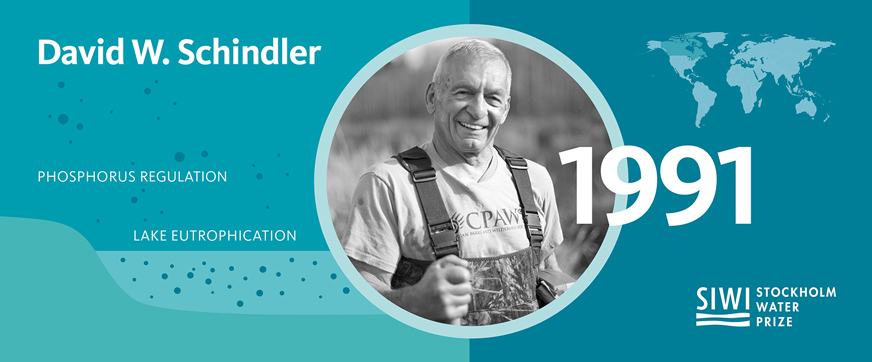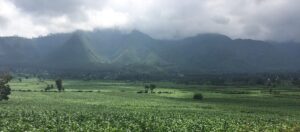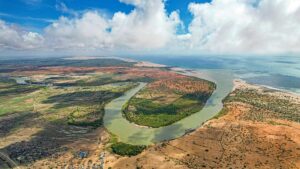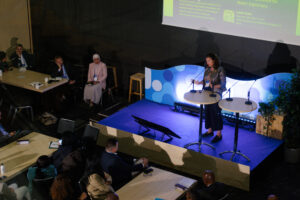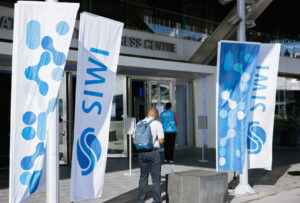Stockholm Water Prize: where it all began
David W. Schindler is sitting in a canoe in the middle of a lake with the North American wilderness providing a magnificent backdrop, but he is here for business not pleasure. The work he is doing will eventually lead to him being the first recipient of the Stockholm Water Prize in 1991.
For 30 years, the world’s most prestigious water award, the Stockholm Water Prize, has honoured women, men and organizations for extraordinary water-related achievements. Starting with Dr David Schindler in 1991.
The professor of ecology based at the University of Alberta, Edmonton would load samples of aquatic organisms into his canoe with the help of a bag-net. While another instrument chewed into the clay sediment, bringing it up to the surface, while he collected water from different strata of the lake in a plastic bottle.
Schindler’s field samples provide him with facts about the abundance of certain species, biological diversity, levels of acidity, and concentrations of nutrients, toxic trace metals and chlorinated organic compounds, to mention but a few of the variables he wishes to study.
He has been doing field research for more than three decades since setting up the Experimental Lakes Project for Canada’s Department of Fisheries and Oceans in Ontario.
Schindler’s field samples provide him with facts about the abundance of certain species, biological diversity, levels of acidity, and concentrations of nutrients, toxic trace metals and chlorinated organic compounds, to mention but a few of the variables he wishes to study.
As a limnologist and ecologist, his aim was not to study individual parameters in isolation, but all of them simultaneously, in order to construct an image of the entire lake as an integrated ecosystem.
Schindler’s results, particularly from the late 1970s and early 1980s, were to be instrumental in convincing regulators in the United States and Canada to introduce stricter controls on phosphates and acidifying pollutants such as sulphur dioxide. Measurements of eutrophication levels showed quite clearly that atmospheric nitrogen and carbon have important effects in maintaining phosphorus limitation in lakes, as well as promoting blooms of blue-green algae.
Equally important was the research that showed that the effects of acidification can work their way through the food chain. Many of the results of the project have proved to be highly relevant in the context of sustainable development worldwide.
Since receiving his Prize in 1991, Dr. Schindler, he has initiated new programmes to study the fates and effects of organic pollutants and climate warming in mountain and boreal lakes.
